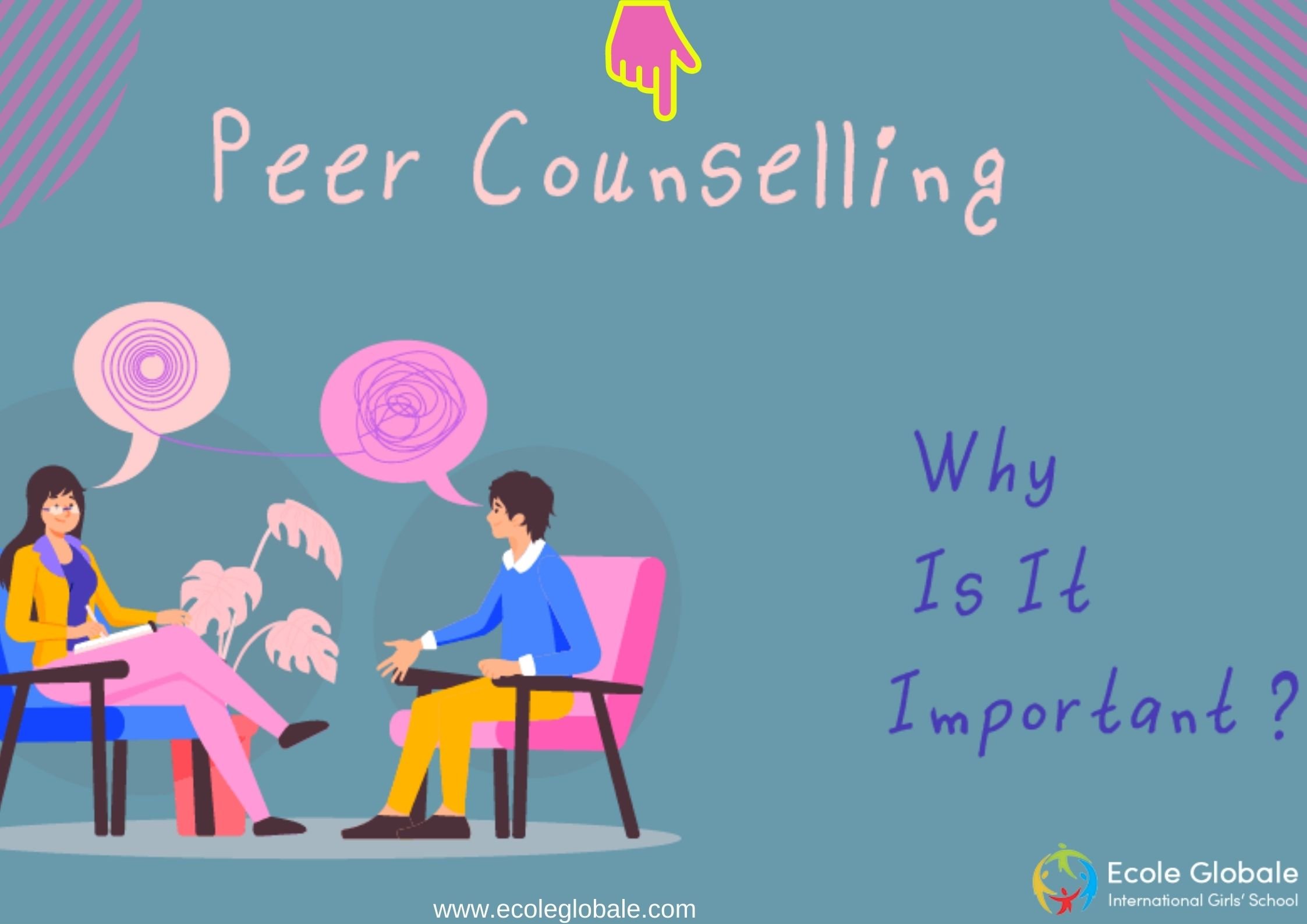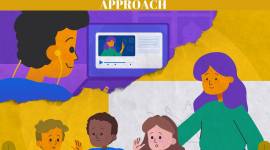When you’re a student, who do you go to first when you have a problem or are concerned about something? Is it a trusted adult or a friend? It’s likely that it’s a buddy because you assume they’ll understand your situation better than, say, your parents or a teacher. It’s simpler to talk about your problems as a teen or young adult with someone your age or who shares your attitude than with an adult. Peer counseling is particularly beneficial because it makes the teen feel comfortable taking the initial step toward solving their problem.
WHAT IS PEER COUNSELLING, AND HOW DOES IT WORK?
Peer counseling is a form of assistance that entails one-on-one conversation or interaction between members of a group who share common interests. In a classroom situation, it usually refers to pupils assisting one another. It is a method of interacting with, responding to, and assisting people with the goal of examining their thoughts, feelings, issues, and worries in order to arrive at a clear understanding and make well-informed decisions.
As a student, you may be dealing with a variety of stressors. Academic stress, pressure to pick a career, peer pressure, relationship challenges, body image difficulties, and substance abuse and addiction are just a few examples. Due to a variety of factors, including unavailability and the stigma associated with seeking help, it may not be possible for everyone to approach a professional counselor with ease. In these situations, a peer counselor can assist you or your friends with a variety of concerns, including:
- Dispute resolution
- Increasing self-confidence and self-esteem
- Exam anxiety and academic challenges
- Problems with professors and other pupils
- Having trouble adjusting to dormitory life
- Bullying, ragging, and a slew of other issues
In many circumstances, approaching a peer counselor is beneficial since the other person can understand and connect to your problems. Peer counselors are trained to give students with listening, support, and options rather than giving advice.
PEER COUNSELLORS HAVE RECEIVED TRAINING
Communication, listening skills, assertiveness, peer counseling ethics, issues of confidentiality and breach, boundaries towards aiding others, and basic counseling skills are all taught to peer counselors. When referring a person to a professional counselor is also taught to a peer counselor. They are not certified counselors, despite their training. A peer counselor serves as a link between the counselor and the students on campuses where there is a counselor. In the absence of a boarding school or college counselor, peer counselors assist their peers in understanding and resolving emotional and behavioral issues. They may also refer them to a local professional counselor in some situations. Even with the training, a student who wants to be a peer counselor must possess specific characteristics.
- Listening skills that are active yet not intrusive
- Sensitivity and empathy
- They must keep the student’s information private and not spread rumors about it.
- Excellent communication skills and the ability to delve deeply into a student’s mind are required.
- Natural friendliness
More significantly, they should have a natural desire to assist other students with their problems. Peer counselors also run mental health awareness initiatives in their schools/colleges, addressing stigma and prejudice, as well as common misconceptions about mental diseases.
BENEFITS OF PEER-COUNSELING
There are numerous advantages to peer-to-peer therapy. It is a system that is not widely used. This system is not commonly found in Indian schools and institutions. In truth, few people are aware of the situation. Peer to peer therapy can benefit kids in a variety of ways, including:
CONFLICT RESOLUTION
As students, we have a lot of challenges to deal with. At the same time, we may be hesitant to seek assistance from our elders. They might not be able to provide us with the answers we need. Academic stress, relationships, and even job guidance are all examples of tensions. The most effective advantage of peer-to-peer counseling is peer dispute resolution.
EXPERIENCE
Peer counselors have typically dealt with similar issues in the past. With their experience, they can efficiently tackle all challenges. The finest teacher is experience. As a result, students can benefit from their peers’ experiences and receive assistance in solving their own problems.
INCREASED SUPPORT
Students frequently require assistance as they progress through various stages of their school and college careers. Sharing it with someone who has been there can help the kids by providing a good support system. Given the current level of school pressure, pupils do require a strong support structure.
UPDATED SOLUTIONS
Peer counselors are able to provide updated solutions because they are students who have been in the same situation. These are the solutions that will work in today’s world. Parents may lack the necessary experience to comprehend such issues and provide appropriate remedies. Peer-to-peer counseling bridges that gap, allowing for more effective problem-solving and resolution.
SAFE SPACE
The skilled peer counselors ensure that children can share everything they want in a safe environment. There is no condemnation. The environment is quite safe, allowing pupils to address any conflicts that may arise. This secure environment encourages pupils to open out. It also looks for their mental health and minimizes their stress levels.









